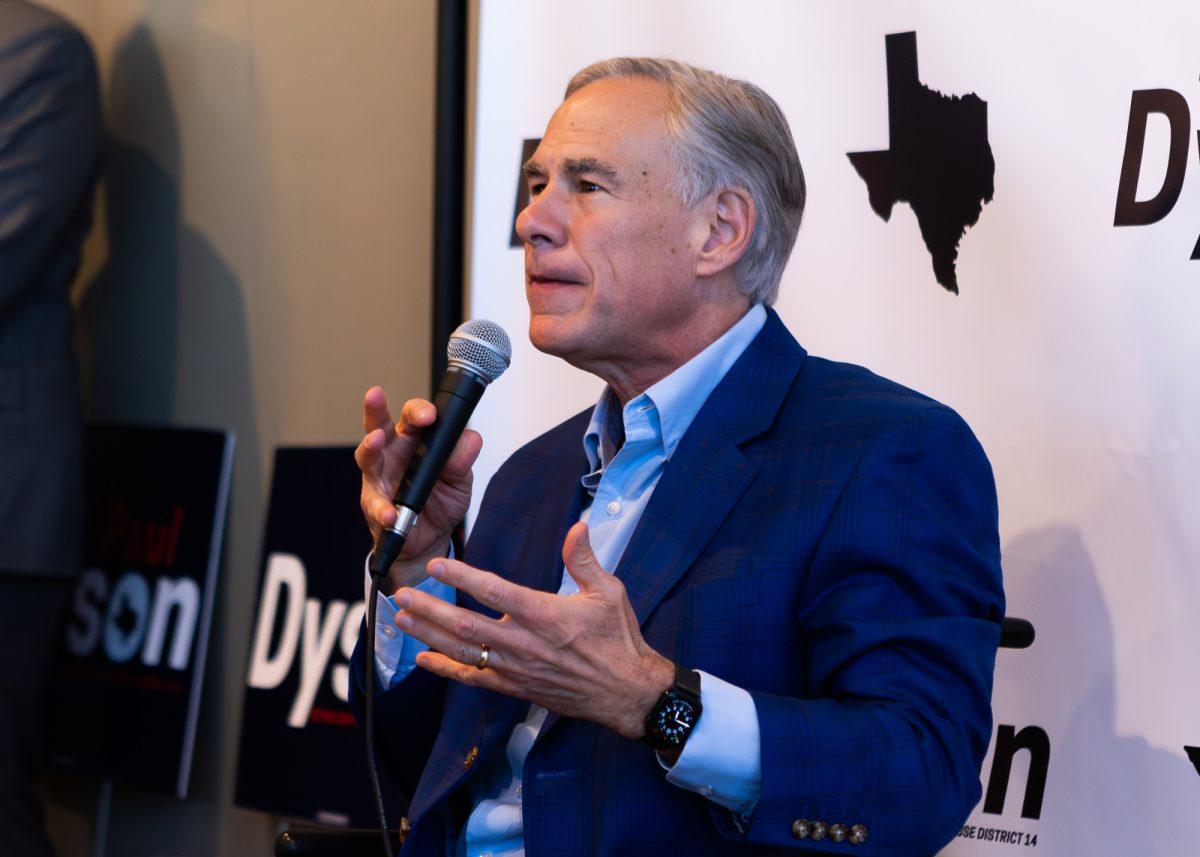Oil prices have hit a 29-month high, forcing gasoline prices to rise to an average of $1.66 and to as much as $2.00 per gallon, according to The New York Times.
This increase of more than 50 cents compared to the average price per gallon last year is being worsened by three foreign crises. A possible war with Iraq, civil unrest in Venezuela and an oil workers’ strike in Nigeria threaten to further increase the price of oil as the summer travel season approaches. Such dependence on foreign oil comes at a precarious time as the United States is hoping to recover from the recent recession. Faced with these problems, President George W. Bush and Congress need to make the development of a reliable alternative fuel a top priority.
According to CNN, Bush proposed a $1.2 billion initiative spanning five years to develop hydrogen as an energy source. According to the Office of Management and Budget’s Web site, www.whitehouse.gov/omb, “hydrogen-powered fuel-cell vehicles have the potential to provide energy diversity, fuel economy and environmental benefits.”
However, Bush’s proposal is flawed. According to the Washington Post, $500 million of the initiative is already allocated to an existing hydrogen fuel development program. In effect, Bush is increasing funding by hundreds of millions of dollars over five years to a program of questionable effectiveness.
The plants producing the hydrogen may even be fueled by oil, according to The Washington Post. The allocated sum is also too high considering America’s current dependence on foreign sources of oil and the fact that the initiative makes no mention of how the hydrogen is being produced.
The Department of Energy classifies nine fuels as alternative fuels, so hydrogen represents only one of nine or more possible answers to the U.S. energy dependence crisis. Other options include biodiesel, electric, ethanol, methanol, natural gas and solar power. Some of these options deserve heavier consideration as they have most of the infrastructure in place to distribute a new fuel, such as cleaner burning natural gas.
In another example, the Electric Power Research Institute states that the infrastructure for electric fuel cells is already 98 percent complete. Bush and Congress must look at all possible energy options, and then commit to the most viable one.
As gas prices rise and the political motivations tied to fuel sources become apparent, there is a greater need for a cleaner, domestic alternative fuel source.
Bush and Congress should significantly increase funding for all alternative fuels, not just hydrogen. Bold leadership is needed if the United States is to become a more energy-independent country.
Government must develop alternative fuel
March 3, 2003
0
Donate to The Battalion
$70
$2500
Contributed
Our Goal
Your donation will support the student journalists of Texas A&M University - College Station. Your contribution will allow us to purchase equipment and cover our annual website hosting costs, in addition to paying freelance staffers for their work, travel costs for coverage and more!
More to Discover









